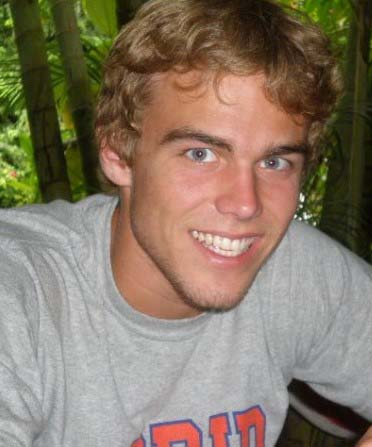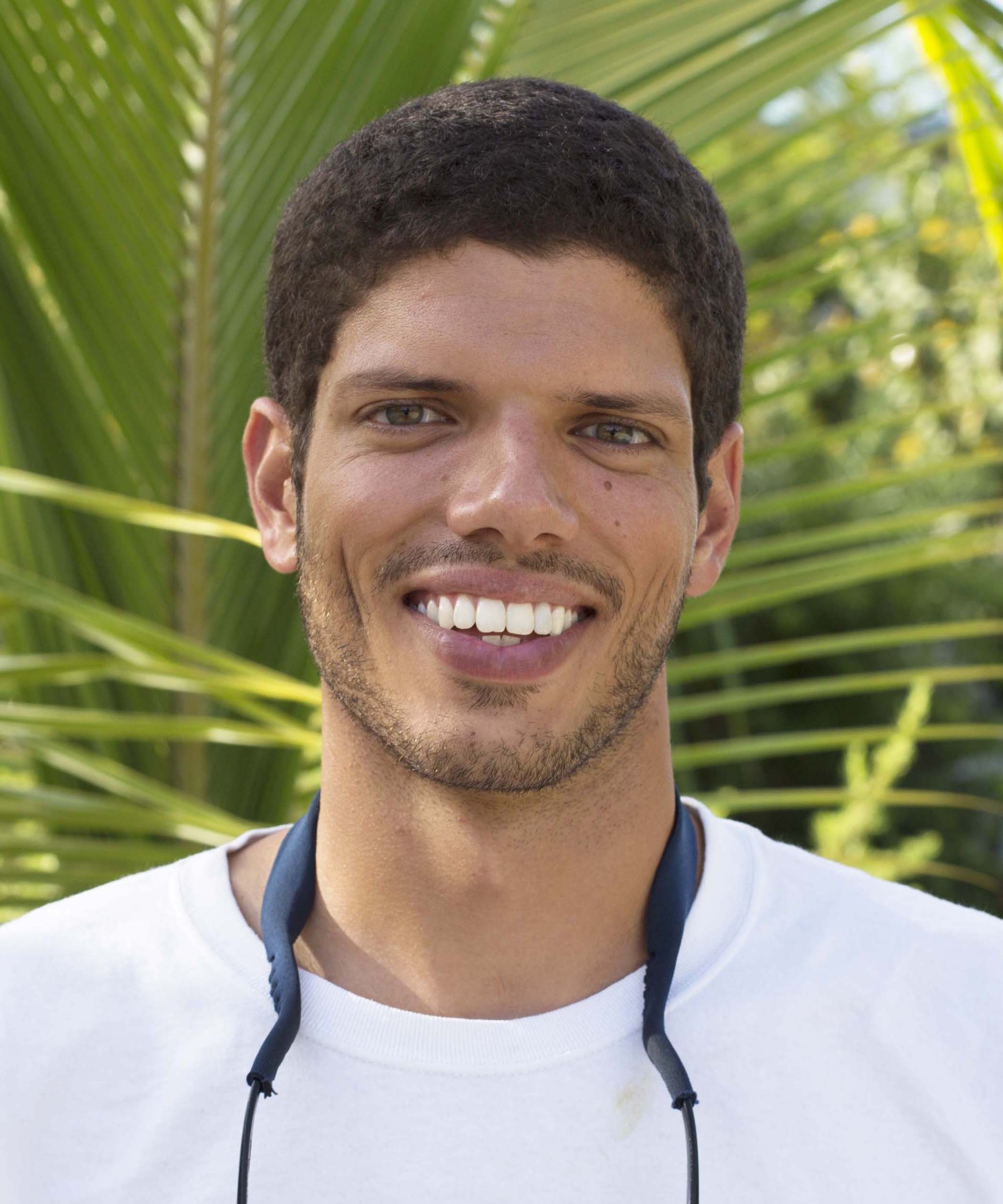Two graduate students at Florida universities have received the John A. Knauss Marine Policy Fellowship, recognizing their outstanding achievement in marine and coastal policy research. The following winners have relocated to Washington, D.C. for one year to work in the legislative and executive branches of the federal government.
- Adrian Mahoney, University of Florida
- Brendan Talwar, Florida State University
The National Sea Grant College Program created the Knauss fellowship in 1979 to provide educational experiences to students that have an interest in ocean and coastal resources and in the national policy decisions affecting those resources.
Since Florida Sea Grant was established there have been 59 Knauss fellows from Florida universities.
“The Knauss Fellowship is a unique opportunity. It allows graduate students who are excellent marine scientists to spend a year in Washington learning how science is translated into policy,” said Karl Havens, Florida Sea Grant director.
“Florida has truly outstanding fellows this year and I know that they will make substantial contributions to marine policy as well as have great learning experiences.”

Adrian Mahoney
Adrian Mahoney recently graduated from the University of Florida Levin College of Law where he earned a certificate from the Conservation Clinic in land use and environmental law. During his fellowship in Washington, he will be working for NOAA Research, in the office of the assistant administrator, where he will collaborate with senior leaders to support science dealing with climate, weather, oceans and coasts.
“This fellowship is the perfect way for me to get my foot in the door with the federal government and its various environmental agencies.” said Mahoney, who hopes to pursue a career in environmental law.
The Miami native said he became aware of coastal issues at an early age.
“Miami is a city that is extremely susceptible to sea-level rise, so evidence of climate change is apparent in my everyday life,” he said.
During law school, Mahoney conducted legal research on issues associated with water law, land use law and environmental restoration as a legal clerk for the Everglades Foundation. During his first year of law school, he also received the Everglades Foundation Rumberger Fellowship which is awarded to promising students in the program.
Mahoney received his bachelor’s degree in environmental science from the University of Florida and has completed an internship with the Tropical Audubon Society, where he worked on the Comprehensive Everglades Restoration Project.
As a research associate for Florida Sea Grant, Mahoney helped develop a new Florida Master Naturalist curriculum that focuses on environmental restoration. He was responsible for drafting a memorandum regarding the permitting and regulatory requirements associated with marine and coastal ecosystem restoration.
“In addition to researching and mastering this complex legal framework, Adrian summarized his findings in clear and concise language that can be understood by a lay audience,” said Tom Ankersen, Florida Sea Grant’s legal specialist and Mahoney’s adviser. “He has always had his eyes set on public interest environmental law and he has a special affinity for the marine and coastal environment.”

Brendan Talwar
Brendan Talwar is a recent graduate of Florida State University, where he earned his master’s degree in biological science. During his year in the nation’s capital, he will serve as the communications and policy analyst for the Marine Mammal Commission, an independent agency of the U.S. government that provides scientific information about human impacts on marine mammals and their ecosystems.
The avid fisherman said he first became interested in marine science after conducting research in places like Belize, Bermuda and the Turks and Caicos.
“Since then, I’ve taken any chance I can to be underwater and work toward the sustainable management of marine resources,” Talwar said.
For his graduate research, he investigated the mortality rate of deep-sea bycatch species, such as sharks, after being caught on longlines or in traps.
“Accounting for those animals that die after release allows fisheries managers to get closer to a true estimate of mortality, instead of assuming that all individuals released alive will either all survive or all die, which is often far from the truth,” Talwar said.
Talwar earned his bachelor’s degree in biology from Furman University. Since then, he worked as a research assistant for many organizations including the Shark Research and Conservation Program in the Bahamas and the Shark Bay Ecosystem Research Project in Australia. He has also served as an instructor for a tropical island ecology field course at Monmouth University and a marine science instructor for Broadreach and The Island School.
Beginning in 2013, Talwar started gaining experience in filmmaking. The Story of Sharks, a stop-motion educational video Talwar helped produce received a French Federation of Film special jury award at the Festival Mondial de L’Image Sous Marine. His second film, Eating the Enemy: Death to Lionfish was a 2014 Beneath the Waves Film Festival finalist.
Pedram Danshgar, an associate professor of biology at Monmouth University, said Talwar’s communication skills are what set him apart as a scientist.
“Typically marine biology majors excel with their ability in the analyze data and solve problems. Brendan is unique compared to others in the sciences in that he is quite creative in addition to his strengths as a scientist,” Danshgar said. “Someone who can communicate with individuals in multiple ways is an asset to any organization. Brendan would be that asset.”
Learn more about the Knauss Fellowship at this link.



